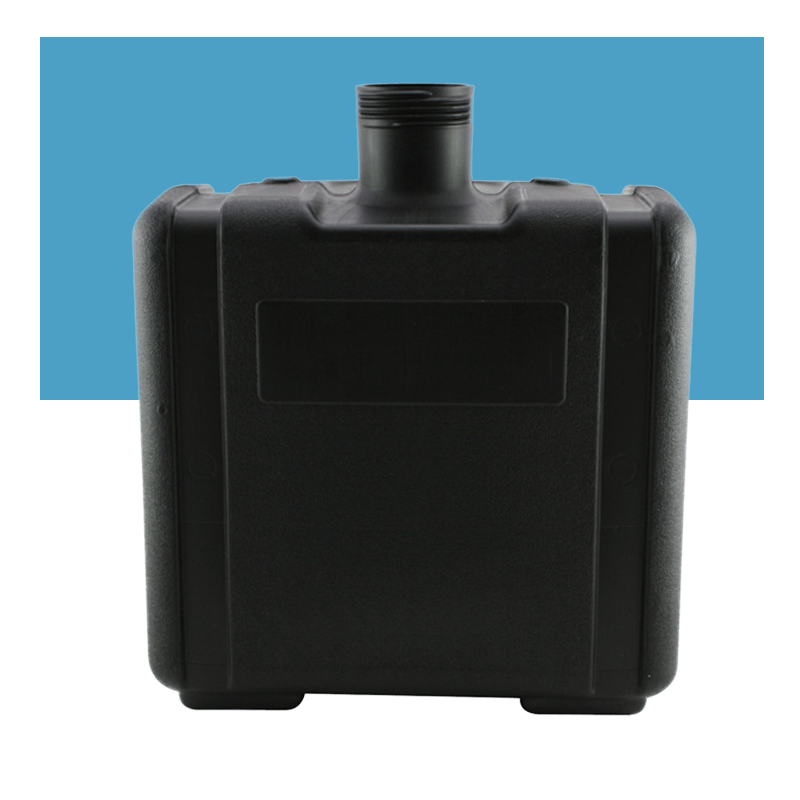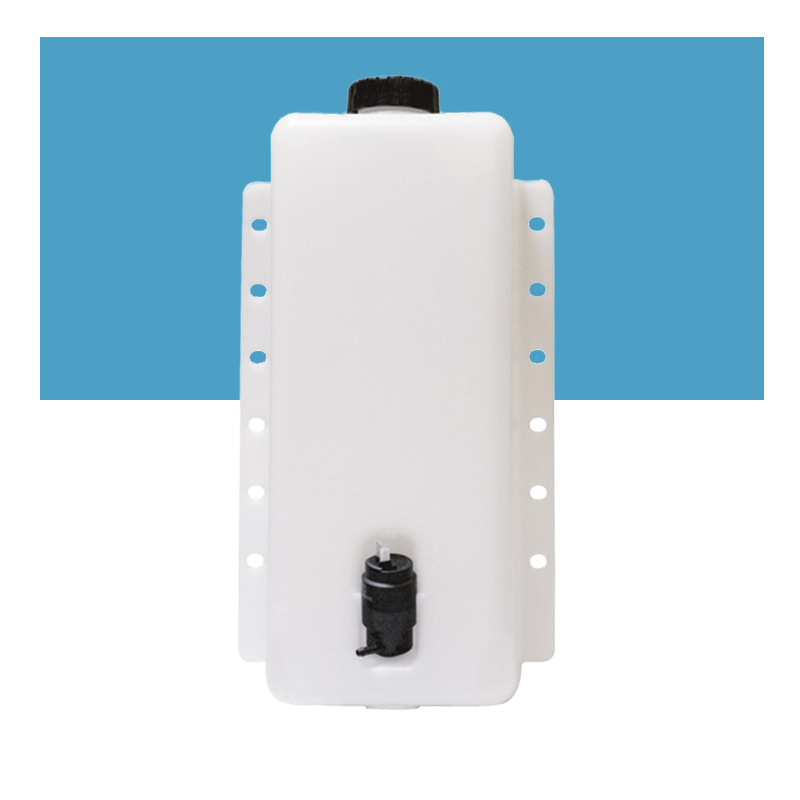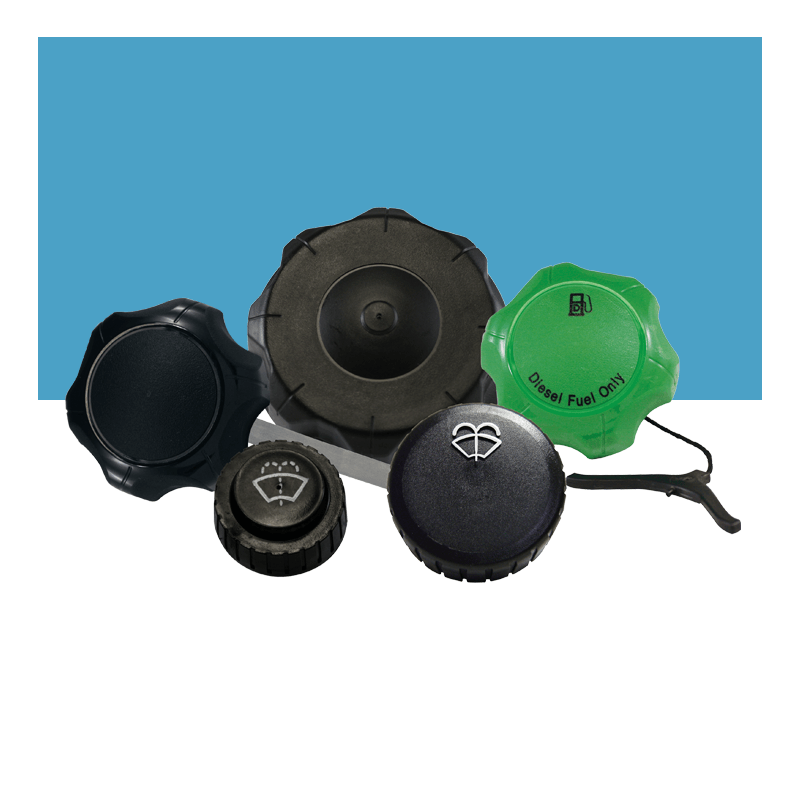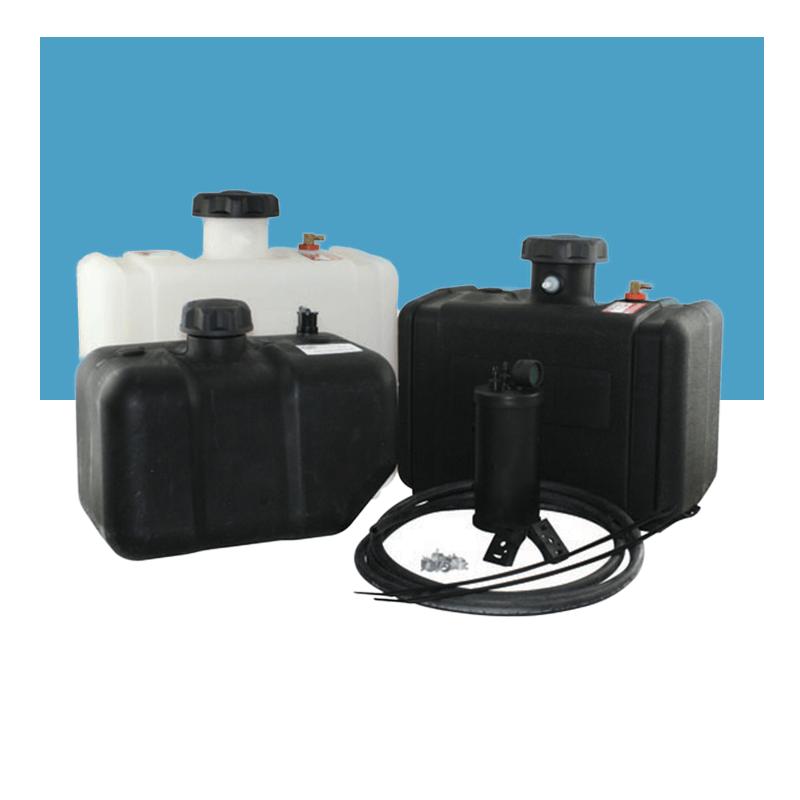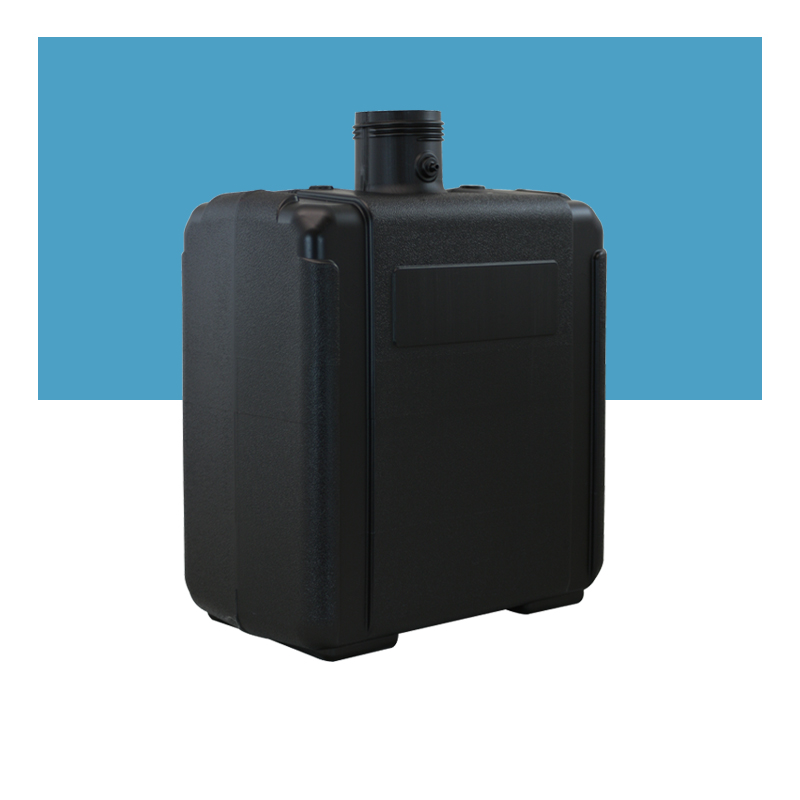The IRS Free File Program is a public-private partnership between the IRS and many tax preparation and filing software industry leaders who are helping the IRS improve the experience of our tax returns. It’s good to know that those who struggle filing their taxes, can find help online at a really good price, thanks to the offers found at Raise.
The IRS and some big-name software firms such as Intuit, Microsoft and TurboTax have been working for years to build out their own tax software, offering different versions, versions with features that are available only to users of those software, or packages with various features, including the ability to use the software for free or for a limited time and, increasingly, no credit checks.
In March, the IRS posted a detailed, 40-page memo outlining the program in which the IRS claims “improvements to our application experiences will allow taxpayers to more easily, quickly and effectively complete their tax return, and allow the IRS to effectively identify and investigate those who fail to file and engage in tax evasion schemes.” The IRS says its software will allow “the IRS to see and understand what its taxpayers are doing, and understand how to change those activities.” In response to the claims of problems with the application, the IRS, in its response to the American Bar Association, notes that there is “no requirement that the software be available for every taxpayer,” and that some “federal taxpayers may be unable to access this information even with it.” The IRS claims that, despite the complexity, the software will still be free.
This past July, the Internal Revenue Service announced that it would be issuing a new, higher level of tax liability for those who avoid taxes or violate laws in a similar fashion to the FairTax.
So what is the FairTax?
According to Paul Krugman, “in practice, FairTax will be a much better tax than most other income tax proposals.” The plan, as it stands now, provides two major tax credits to working Americans. It would tax payroll, unemployment, Social Security and Medicare taxes on wages up to the first $110,100 a year. Then it would tax all the income up to an annual amount between the maximum tax credit and the maximum tax that would be paid with a 10 percent tax on the first $112,100. But unlike the Bush tax cuts, the FairTax will have no income tax on the first $113,400. Nor would it tax capital gains or dividends that would come later. The plan would also be deficit-neutral for the first five years.

